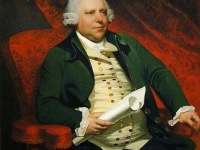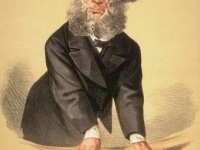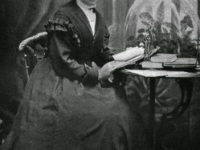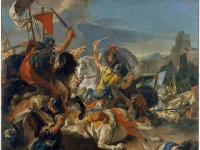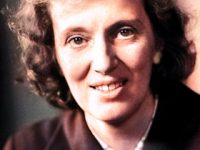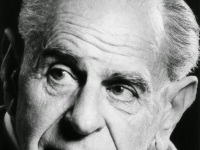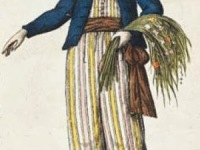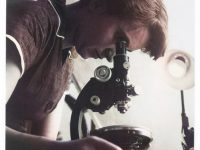Richard Arkwright – the Father of the Industrial Revolution
On August 3, 1792, Sir Richard Arkwright passed away. He was a self-made man and a leading entrepreneur during the early Industrial Revolution. Arkwright’s achievement was to combine power, machinery, semi-skilled labour and the new raw material (cotton) to create mass-produced yarn. His skills of organization made him, more than anyone else, the creator of the modern factory system. Later in his life Arkwright was also known as ‘the Father of the Industrial Revolution‘.…
Read more

